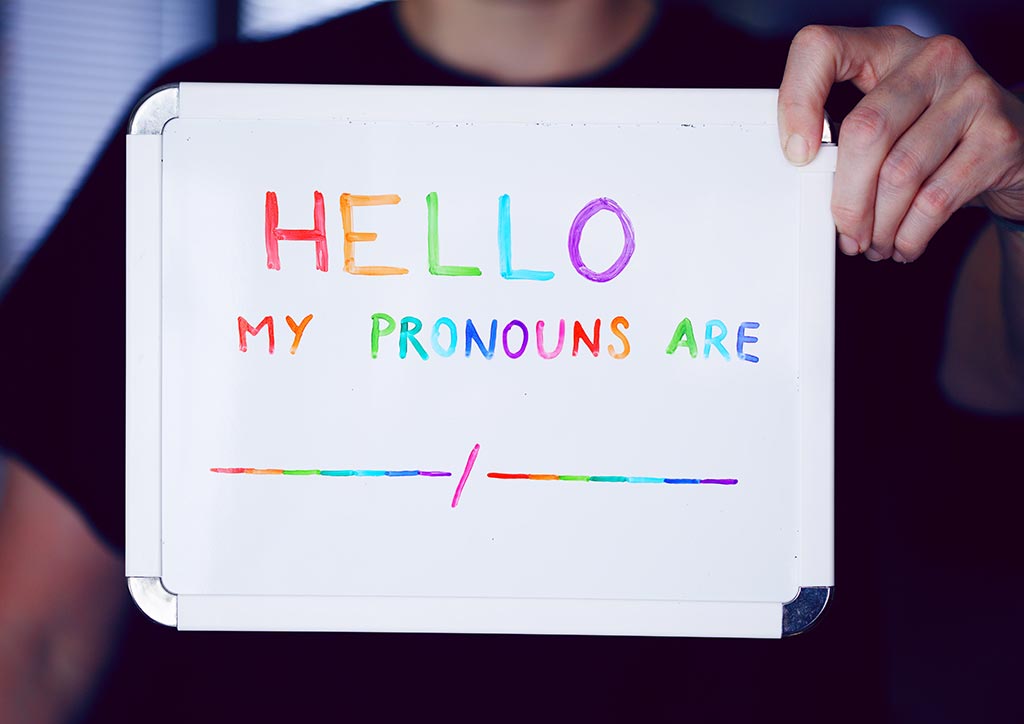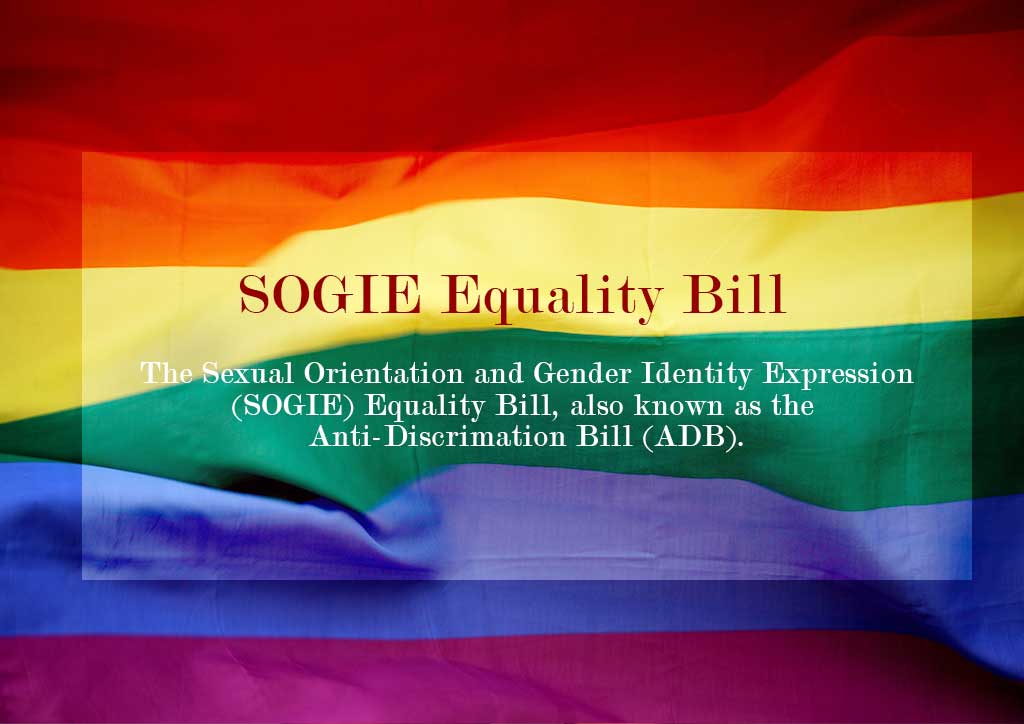How To Talk To Your Kids About The SOGIE Bill And Gender Identity
June is not only a celebration of our country’s independence, but also of the LGBTQIA+ community—a perfect occasion to talk about gender identity and the SOGIE Bill
Now you may be asking why you need to talk to your children about gender identity when their Health and Science classes can do this for you. Fact is, children strongly identify with gender as early as age 3. What toys you buy them, what shows you let them watch, or even the types of people they meet determine their idea of gender.
As a parent, talking about gender roles, gender stereotypes, and gender expression teaches kids valuable life lessons. It empowers them to accomplish anything they want regardless of their gender, to freely express themselves creatively with your full support, and to open their minds as to how people of different genders help shape the world we live in positively. Teaching what the SOGIE Bill stands for protects your children’s gender identity as they navigate a bigger world outside your home. SOGIE stands for Sexual Orientation and Gender Identity or Expression.
Wondering how to get started? Here are some questions you should ask yourself:
- Do the toys I allow my children to play with box them in outdated gender stereotypes?
- Am I providing my children with a wider range of opportunities to freely express themselves?
- Are the shows my children are watching teaching the values I want them to learn?
- Do I expose my children enough to other kinds of people from whom they can learn?
- Are my children exposed to different types of families in the environments they’re exposed to?
By asking yourself these questions, you become more aware of your parenting style, and in turn, this prepares you with the idea of what kind of parent you’ll be once you notice their choices in terms of gender.
The Fundamentals

Okay. The first thing you need to teach yourself is the different terms you’ll encounter when you do your research. You’ll have to teach this to your kids too:
- Sex: Their biological attributes referring to genetic makeup, whether they are male or female. (Keywords: body anatomy, chromosomes, genetics)
- Gender: This is more complicated as this is heavily dependent on one’s culture and the society you live in. This refers to social expectations regarding behavior, characteristics, and thoughts.
- Gender Identity: How they feel inside and express themselves outwards
- Sexual Orientation: Defined by attraction to gender.
The Signs

As you slowly build the world you want your children to live in, you will, as a parent, notice the different changes they will undergo in their various phases of growth. You will find them particularly inclined to a specific set of gender expressions. But do not feel rushed to act or react when you sense these. From Planned Parenthood, here’s a reliable checklist on how children relay their gender identity as young as they are:
- Consistent: They don’t go back and forth.
- Insistent: They feel strongly about it.
- Persistent: How they identify stays over time.
What the SOGIE Bill has to do with gender identity

Teaching what the SOGIE Bill stands for protects your children’s gender identity as they navigate a bigger world outside your home. SOGIE stands for Sexual Orientation and Gender Identity or Expression. The SOGIE Bill is an Anti-Discrimination Act that declares how the State “recognizes the fundamental right of every person, regardless of sex, age, class, status, ethnicity, color, disability, religious and political beliefs, sexual orientation or gender identity, to be free from any form of discrimination.” You can find the complete document here.
Here’s what your kids need to know about the SOGIE bill:
- That they can express themselves freely without fear of harm.
- That their gender identity should not restrict their access to basic human rights.
- Through the SOGIE Bill, our justice system acknowledges and protects gender identity.
- They can rely on our laws and their parents when they experience discrimination.
Currently, the SOGIE Bill has not moved forward thanks to a strong opposition in the senate. As parents who want to prevent any form of discrimination towards their families, it is important that we fully support the SOGIE Bill and what it stands for.
As the elections draw closer, part of supporting the campaign is by registering to vote and constantly reminding ourselves of where our selected set of candidates stand regarding the issue. This will help ensure the safety and security of our young as they develop their gender identities, bridging gaps and making it easy and essential topics of discussion at home.
The Birds and the Bees Part Two

So you’ve done your research, reflected on your parenting style, and observed your children well. How do you open the conversation? The best way is to provide a safe environment for conversation. You need to fully prepare yourself to be open, receptive, and most importantly, supportive of their gender identity needs.
While asking them directly what they identify with and why they feel this way is okay, the critical part is how you react as a parent. If you prefer a more passive approach until they decide to open the conversation, that is also okay. The important thing is that you support your child’s needs every step of the way. Here are essential questions to reflect on:

Photography: @ricky_martin via Instagram
- What can I do to encourage my children to express themselves to me more openly?
- If my child displays their gender identity, how do I acknowledge this and how can I be supportive?
- What should I do as my child’s parent and ally if they experience gender identity discrimination?
- What else can I do to immerse myself in the world their gender identity lives in so I can understand children’s perspectives better?
- How do I make my children more open and comfortable with talking about their gender identity issues with me as their parent?
If there’s anything we’ve learned, from movies, from television, and even from people who’ve experienced it first hand, parents who do not support their children’s gender identity do more harm than help: it lowers their self-esteem, damages their mental health, and encourages them to take greater risks with their health in the future. Kindness helps, understanding works, and love wins, always.
Related articles:









